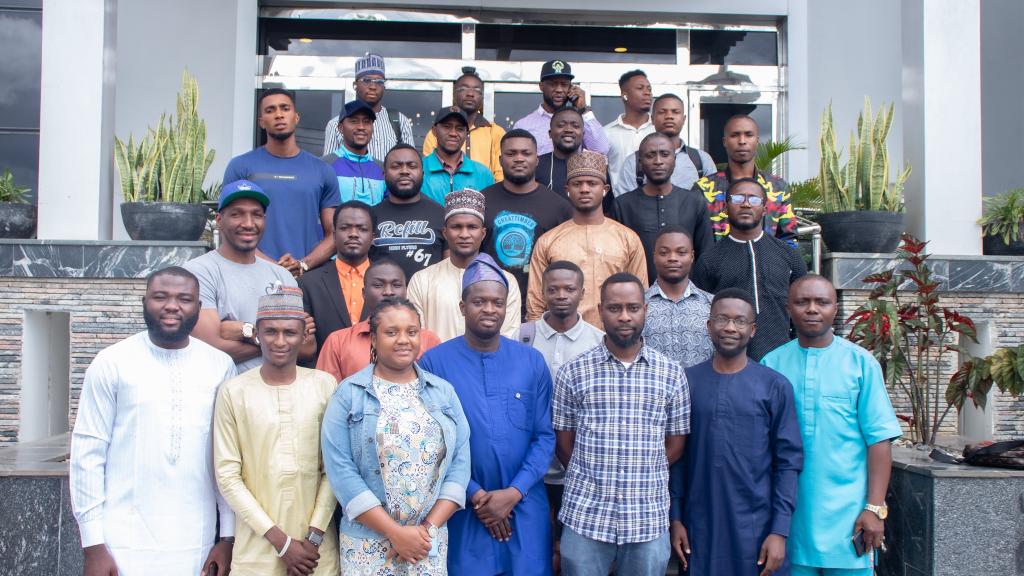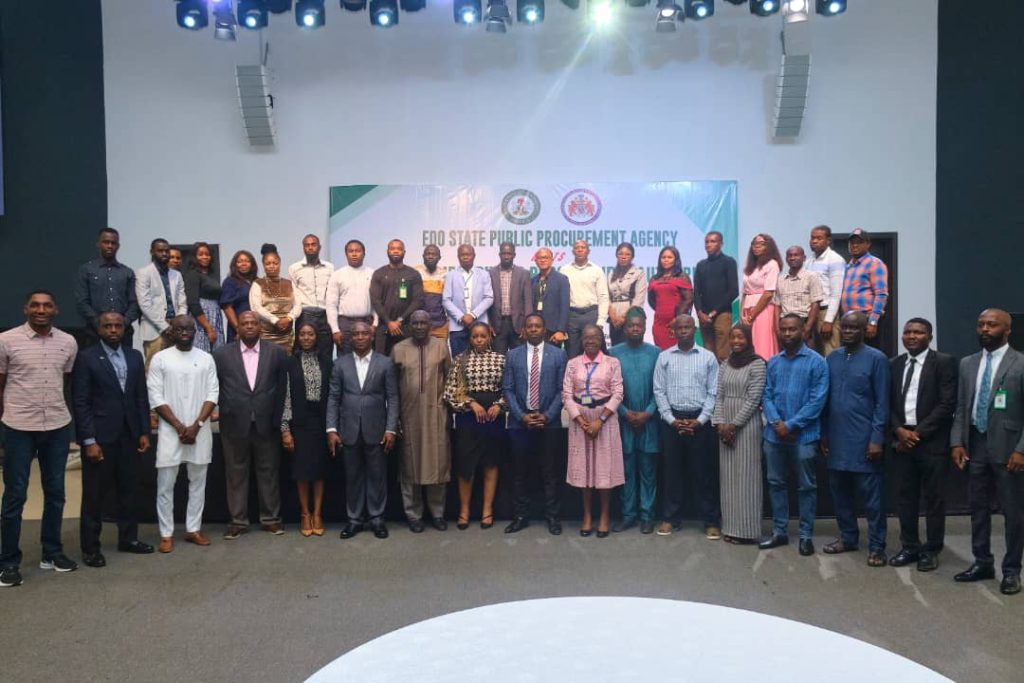Internationally, checks on ships at berth are statutory and are best practices across the world, but these vital components of port operations are being grossly abused on a daily basis and with impunity at Nigeria’s seaports.
The checks carried out at the nation’s ports by security agencies are often abused and fraught with corruption.
The officers of the Nigeria Customs Service (NCS), Nigeria Immigration Service (NIS), Port Health and National Drug Law Enforcement Agency (NDLEA), practically go cap in hand to the ship captain using everything within their official powers to rip off the captain and his crew of valuable commodities.
LEADERSHIP gathered that the officers even go as far as asking for money from some ship captains as they are seen emerging from the vessel with cartons of goods and bottles of choice wine.
This act, however, led to increase in the vessel waiting time as flimsy excuses are used to delay vessel which captain refused to play along.
The corrupt act at the Nigerian seaports attracted international condemnation as vessels stayed at least 21 days at berth, thereby, accruing huge demurrage.
For Instance, due to the delay and corrupt tendencies, Nigeria was ranked 157 out of the 161 nations in Africa in the corruption Perception Index of 2018. The country also fall on the ease of doing business index even as the nation’s seaports was ranked most expensive in the world as demurrage accrued during the delays are transfered to the importers.
However, to end fleecing of vessel captains and to reduce vessel waiting time, the federal government through the vice-President’s office created the Port Standing Task Team (PSTT), to end the corrupt practices that accompanied vessel rummaging.
Firstly, the PSTT streamlined the number of agencies allowed to board vessels that berthed at the ports to five agencies.
The agencies approved to board visiting ships at the ports include Port Health, Nigeria Customs Service, Nigeria Immigration Service, National Drug Law Enforcement Agency (NDLEA) and the Department of State Services (DSS) and they are to embark on joint vessel boarding.
The national cordinator of PSTT, Moses Fadipe stated that boarding ships at Nigerian ports in the past was free for all, but presently only five agencies are allowed to check visiting ships, and all activities must be carried out within a timeline.
“In the past, anybody can board a vessel at Nigerian ports, but today, only five agencies are allowed to board the vessel. First is the Port Health and the maximum time given is 45 minutes. If for any reason you spend more than that, you must explain why it is so.
“Secondly is the Immigration and Nigeria Customs Service at the same time, Customs can only board with two officials, while Immigration can board with three officials, the maximum time allotted to the two agencies is 30 minutes.
“When you are boarding, there is a muster point where you de-robe yourself, the only thing following you onto the ship is your identity card, if you have any money on you, you must drop it, if you are returning from the ship and we see any money on you, we would confiscate it,” he said.
Fadipe also disclosed that the reduction of vessels waiting time at Nigerian seaports have saved the nation’s economy a whooping N5.4billion ($12.35m) yearly.
He said between January 2021 to 2022, $20,000 was saved daily from demurrage to foreign shipowners by the country.
He also disclosed that in 2021, over 85 percent of vessels that call at the nation’s seaports left without any incident.
According to him, there have been reduction in extortion by both states and non states actors and free movement along the port corridor.
He said, “implementation so far has shown progressive cost recovery in billions of naira. The economy has saved an average vessel demurrage of $20,000 per day between the years 2021 and 2022 which ultimately translated to the sum of $12,350,000 which is over N5.4 billion at today’s official exchange rate. More than 85 per cent of vessels that called at Nigerian ports and terminals left without incident in 2021.”
“There are drastic reduction in incidences of extortions by both state and non-state actors, and freer movement of vehicles and persons along the ports’ logistics ring. Even though revenue generation is not the primary concern of the task team, deterrence through fines is one of the tools through which we are able to record our successes of ‘operation free the port corridors.’”
The previous pervasive practice of slamming un-receipted charges on captains on allegations of infractions that were often fictitious has drastically reduced. This level of transparency is also being exported to terminal operations and the entire port logistic hub operations including activities on the port logistics ring.”
“Improved cargo dwell time, Ship Turn-around Time, Berth Occupancy Rate Efficiency, Speedy cargo delivery, reduce congestion, and created more space thereby increasing the efficiency of the yard capacity.
“Reduced under-the-table cost of cargo clearance at the ports (illegal demands in the ports) and eliminate bureaucratic bottlenecks faced by port users thereby improving duty collection.”
Also speaking, the executive secretary, Nigerian Shippers’ Council (NSC), Emmanuel Jime, said the implementation of the manual has facilitated the ease of doing business in the nation’s ports and has drastically reduced corruption tendencies.
He said the overview of the manual and conversations on obligations of various stakeholders, mode of terminal operations, shipping operations, attitude of truckers and role of dock workers as enshrined in the manual, will provide beneficial information to add to stakeholders knowledge of the sector to foster operational efficiency in line with global best practices.
Jime said a proper understanding and application of the manual would bring about cost-effectiveness, reduction of waste, while maintaining quality of service.
He said it would also bring about transparency in the conduct of port businesses, which will produce trust and goodwill, while safeguarding the industry’s reputation among investors, partners, customers, and other stakeholders.
The NSC boss stated that if relevant stakeholders and authorities comply with approved standards and rules as enshrined in the manual, challenges faced today will automatically ease off and pave way for seamless operations at the nation’s seaports
Last modified: April 14, 2023









